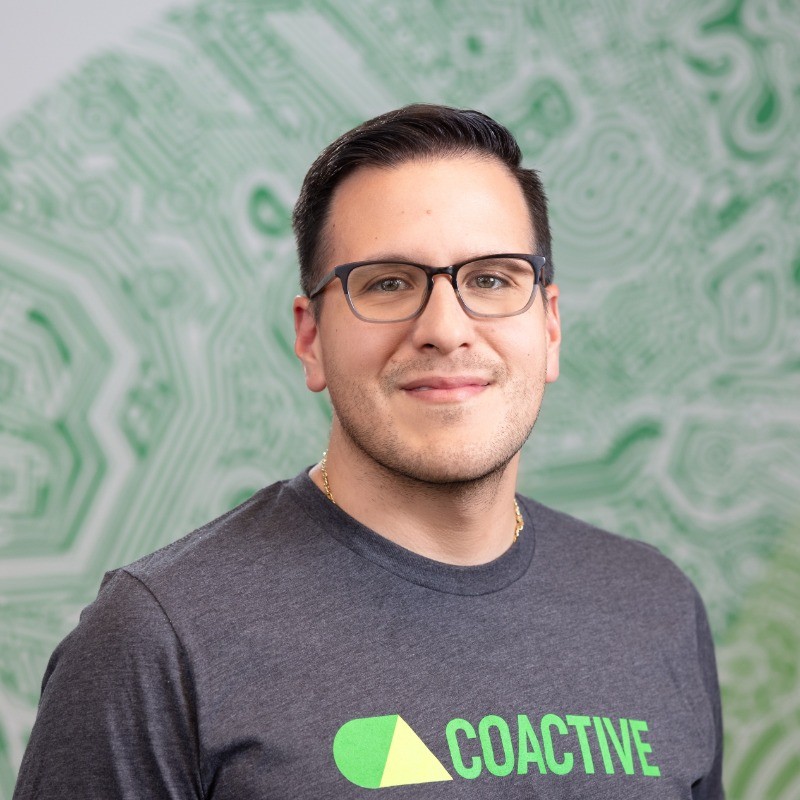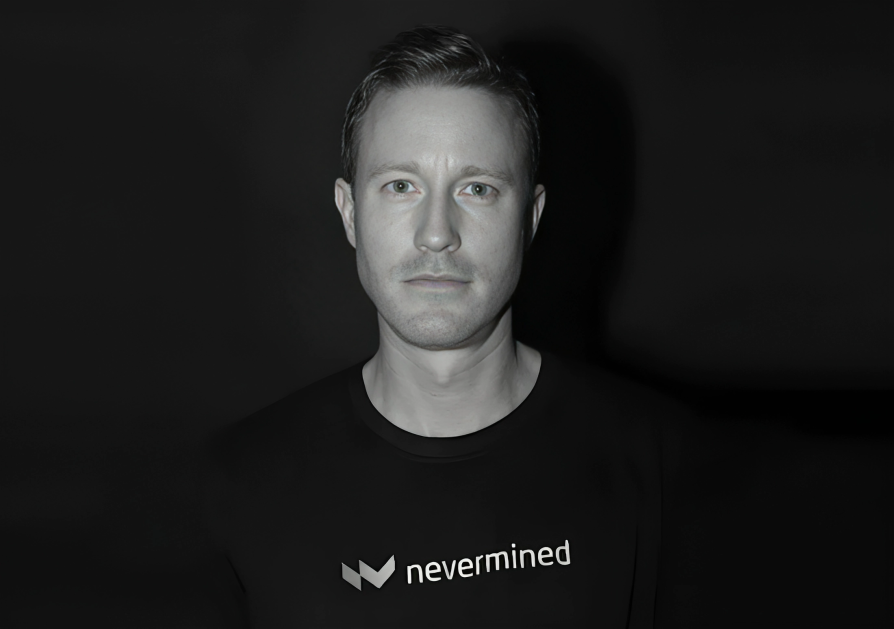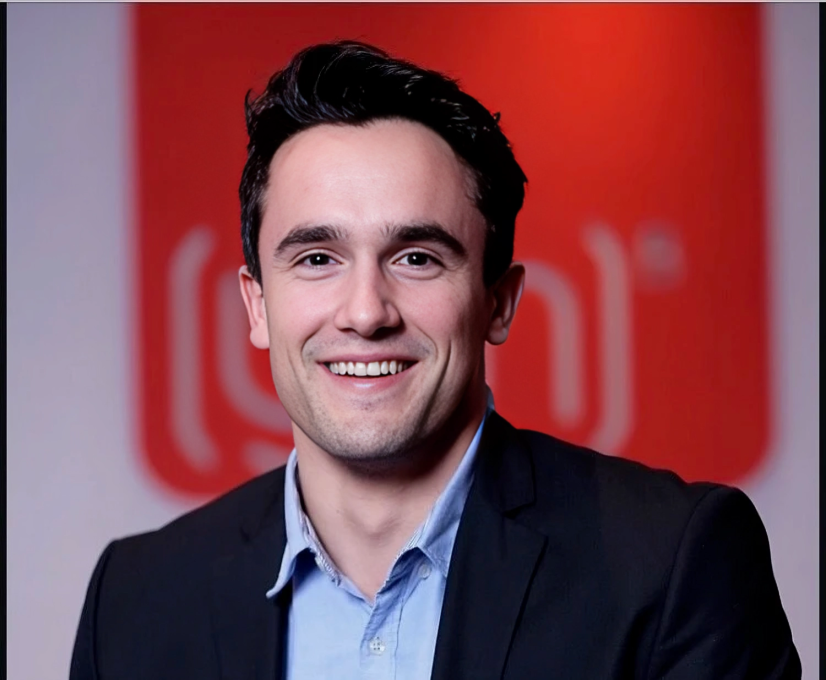Ready to build your own Founder-Led Growth engine? Book a Strategy Call

Frontlines.io | Where B2B Founders Talk GTM.
Strategic Communications Advisory For Visionary Founders
Actionable
Takeaways
Timing your product evolution is critical:
Alex emphasizes the importance of not moving too early or too late when pivoting to new technology. "If you invested too early, it was a waste, but if you wait too late then all the first trials with every company would be with another AI provider, not with us," Alex explains. Their decision to wait until LLMs were capable enough before focusing on AI agents prevented them from wasting resources on soon-to-be-obsolete technology while still allowing them to be early in the market.
Enterprise sales requires embracing the process:
When moving upmarket, Alex learned that trying to rush enterprise sales leads to poor outcomes. "If you try to rush it in an enterprise environment, which is possible, you're not going to have a good outcome," he shares. B2B founders should understand the sales timeline for their specific industry and be prepared for longer, more complex sales cycles when targeting enterprise customers.
Build foundational technology that transcends AI hype:
Regal's advantage came from building deep platform infrastructure before AI agents were ready. "Most of the companies that exist today, all they've ever built is this thing that interacts with the customer, the agent itself, the voice and the LLM, which is relatively trivial actually," Alex explains. By building integrations with customer data systems, decision engines, and channel management tools first, they created a more comprehensive solution that could quickly incorporate AI advances when the technology matured.
Reconsider conventional marketing channels:
Alex notes that traditional B2B marketing approaches are losing effectiveness: "A lot of the traditional channels that used to work just don't work or are not efficient anymore. So paid SEM, traditional sponsorships of online content, writing blog posts in some big paper... a lot of these demand gen channels are just highly ineffective." Founders should prioritize breaking through with authentic founder-led storytelling rather than relying solely on conventional demand generation tactics.
The economics of AI can reverse long-standing business practices:
Regal AI's solution flips conventional contact center wisdom on its head. As Alex explains, "Instead of calls being the most expensive thing you have, AI calls are the cheapest channel you have. So you lead with those calls and you do as many calls as possible because it's cheaper than any other channel." B2B founders should look for opportunities where AI fundamentally changes the cost structure of traditional business operations.
Conversation
Highlights
The Economics of AI Voice Agents: How Regal AI Is Flipping Contact Center Logic
A contact center revolution is quietly underway, and it’s turning decades of conventional wisdom upside down. The long-standing practice of hiding customer service phone numbers—a tactic used by companies to avoid expensive agent calls—is becoming obsolete as AI voice agents transform the economics of customer communication.
In a recent episode of Category Visionaries, Alex Levin, CEO and Co-Founder of Regal AI, shared how his company has raised $82 million to pioneer this shift. Their journey offers a masterclass in strategic timing, infrastructure development, and market perception management that’s relevant for any B2B technology founder.
Challenging Traditional Contact Center Philosophy
When Alex and his co-founder started Regal AI in 2020, they recognized a fundamental contradiction in how businesses approached customer communication.
“We saw just how important the contact center was to the company. But despite its importance, the tools were backwards and the philosophy was backwards. It was, you know, at all costs, hide the phone numbers. Like, don’t let people call us because that’s expensive,” Alex explains.
This philosophy persisted despite clear evidence that voice remained the most effective communication channel. “If you are trying to reach a customer and you email them, 2% click. If you call them, 30% answer,” Alex notes. The problem wasn’t the medium—it was the cost structure.
Building Infrastructure Before AI Was Ready
What separates Regal from many AI startups today is their approach to technology development. Rather than rushing to market with an AI voice agent when the technology wasn’t mature, they first built comprehensive infrastructure to optimize human-led calls.
“When we started, AI agents were not that good. So we built a lot of the infrastructure to know what to say, when to which customer, how to personalize interactions,” Alex says. This decision to invest in foundational technology—systems that integrate with customer data, manage conversation flows, and determine optimal communication channels—created a sustainable competitive advantage.
“Most of the companies that exist today, all they’ve ever built is this thing that interacts with the customer, the agent itself, the voice and the LLM, which is relatively trivial actually,” Alex observes. “Not that it’s nothing, but it’s not that complicated compared to the rest.”
The Economic Inversion
The real breakthrough came in the past two years as LLM technology advanced enough to make AI voice agents viable. This technological shift enabled an economic transformation that completely inverts traditional contact center logic.
Alex breaks down the math: “U.S. Based labor is about dollar per minute of talk time. If you’re using offshore, like in the Philippines or India, it’s probably 30, 35 cents per minute of talk time versus AI, 10 to 20 cents.”
This cost structure creates a paradigm shift. “Instead of calls being the most expensive thing you have, AI calls are the cheapest channel you have. So you lead with those calls and you chew as many calls as possible because it’s cheaper than any other channel.”
The performance metrics are equally compelling. “In the old days, people used to pitch automated, you know, agents or IVAs at 20 to 40% containment. Regal’s agents are at 97% containment now,” Alex reports. “It’s not about trying to deflect a small percentage of the calls. It’s literally have an AI agent instead of a human.”
Strategic Timing: Not Too Early, Not Too Late
Perhaps the most instructive aspect of Regal’s journey is how they navigated the timing of their AI pivot. Many companies facing similar technology transitions either move too early, wasting resources on immature technology, or too late, missing the market opportunity.
“A lot of companies like Aesop and Crest invested 100 million-plus in models that just do not matter anymore because you can use OpenAI and anthropic,” Alex notes. “If you invested too early, it was a waste, but if you wait too late then all the first sort of trials with every company would be with another AI provider, not with us.”
Regal’s ability to time this transition—building infrastructure first, then implementing AI capabilities when the technology was ready—offers a blueprint for B2B founders navigating similar technology shifts.
Overcoming Psychological Barriers to Adoption
Despite the compelling economics, Regal faces psychological barriers when selling to prospects. Many companies have a self-defeating mindset about technology adoption.
“A lot of companies, you know, intrinsically believe that they’re slow with technology and they’ll say, ‘oh, you know, I was slow on the apps, we’re late to websites, so we’re going to be late to AI too,'” Alex explains. He tries to reframe their thinking: “Look guys, the new wave, like imagine you’re a surfer, you get to choose whether you get on this wave or not. It doesn’t matter if you missed the last three.”
Another common obstacle is companies planning infrastructure changes that will soon be obsolete. “Some people are still thinking about switching their contact center software, their CCAS. So ‘hey, I’m going to switch from 5,9 to nice and that’ll stop me for a year.’ And I go, ‘guys, there’s a 100% waste of your time for your use case. Within a year we could have 90% of your calls on AI where you won’t even need the seats in the CCAS anymore.'”
The Future of Voice Communication
Looking ahead, Alex sees voice becoming the primary interface for brand interactions. “The vision is around what is the channel people are going to engage with brands on. So websites were the first digital channel and everyone had to have them. And then, you know, Zuckerberg, you know, invented social and then jobs help bring apps to the world. And, you know, now the way in which you’re going to engage with a brand is voice, is conversational.”
He points to how younger generations already expect voice interfaces: “My kids walk up to a TV and they go turn on. They’re like, why in the world is there that remote thing over there? Like, I don’t want to click on that. I just want to talk to the thing.”
Lessons for B2B Founders
Regal AI’s journey offers several valuable lessons for B2B technology founders:
- Build infrastructure before features—invest in robust backend systems that will support next-generation capabilities when the technology matures.
- Time technology transitions carefully—avoid investing too early in immature technology while still positioning yourself to capture the market when it’s ready.
- Challenge prospects’ self-defeating mindsets—help customers recognize when they’re making decisions based on past patterns rather than future opportunities.
- Focus on economic transformation—identify opportunities where technology can completely invert traditional cost structures, not just incrementally improve them.
As contact centers undergo this AI transformation, Regal is at the forefront of a shift that Alex believes will lead to “90% of the interactions will be handled by AI agents instead of humans” within five years. For B2B founders, their journey demonstrates how fundamental economics, not just technology capabilities, often drive the most significant market transformations.


















































































































